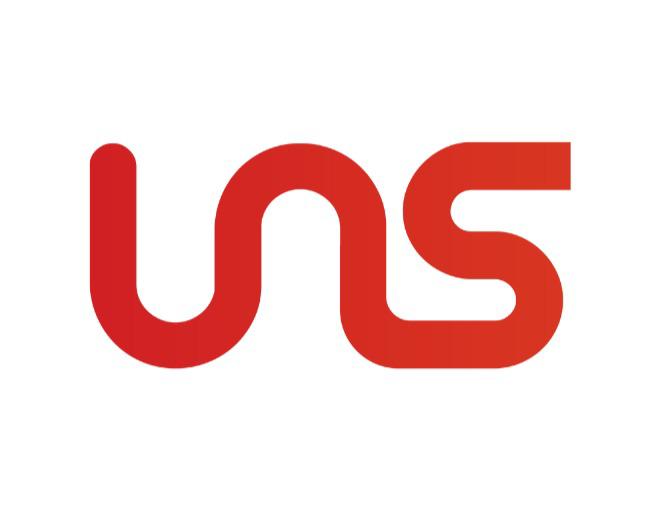Implementing Effective Marketing Strategies on a Startup Budget
- Unstoppable India

- Jun 27, 2023
- 2 min read
Updated: Jun 2, 2024
Implementing effective marketing strategies on a startup budget requires a strategic approach and making the most of available resources. Here are some tips for maximizing your marketing efforts while being mindful of your budget:

1. Define your target audience: Clearly identify your target audience and understand their demographics, preferences, and behaviors. This will help you tailor your marketing efforts to reach the right people with the right message, minimizing wasted resources.
2. Focus on digital marketing: Digital marketing offers cost-effective channels with a wide reach. Leverage platforms such as social media, content marketing, email marketing, search engine optimization (SEO), and online advertising. These channels often have flexible budget options and allow precise targeting to reach your specific audience.
3. Content marketing: Create high-quality, valuable content that resonates with your target audience. Develop a content strategy that includes blog posts, articles, videos, infographics, and downloadable resources. Share this content through your website, social media, and email marketing to attract and engage your audience.
4. Social media marketing: Use social media platforms strategically to build your brand, engage with your audience, and drive traffic to your website. Focus on platforms that align with your target audience's preferences. Consistently post relevant and engaging content, interact with followers, and utilize social media advertising options to expand your reach.
5. Influencer partnerships: Collaborate with influencers or micro-influencers in your industry or niche who have a genuine connection with your target audience. Their endorsement or promotion of your product/service can generate valuable exposure and credibility, often at a fraction of the cost of traditional advertising.
6. Utilize public relations (PR): Build relationships with journalists and media outlets relevant to your industry. Send out press releases, pitch story ideas, and offer yourself or your team as subject matter experts for interviews or guest articles. Earned media coverage can generate significant visibility for your startup without direct costs.
7. Leverage user-generated content (UGC): Encourage your customers to create and share content related to your brand or product. This can include testimonials, reviews, social media posts, or videos. UGC serves as authentic social proof and can be leveraged in your marketing efforts, increasing brand trust and awareness.
8. Networking and partnerships: Attend industry events, join professional communities, and build relationships with complementary businesses or organizations. Collaborate on marketing initiatives, cross-promotions, or joint events. Strategic partnerships can expand your reach and provide access to new audiences without significant costs.
9. Measure and optimize: Use analytics tools to track the performance of your marketing efforts. Monitor key metrics such as website traffic, conversion rates, social media engagement, and email campaign results. Identify what strategies are working well and allocate your budget accordingly. Continuously optimize your marketing strategies based on data-driven insights.
10. Prioritize customer retention: It is generally more cost-effective to retain existing customers than acquire new ones. Implement strategies to nurture and engage your customer bases, such as personalized email campaigns, loyalty programs, and exclusive offers. Satisfied customers can become brand advocates, helping to generate referrals and positive word-of-mouth.
Remember, while a limited budget may pose constraints, creativity, and strategic thinking can help you achieve effective marketing results. Focus on targeting the right audience, leveraging digital channels, and building genuine relationships to maximize your startup's marketing impact within your budgetary limitations.



Comments